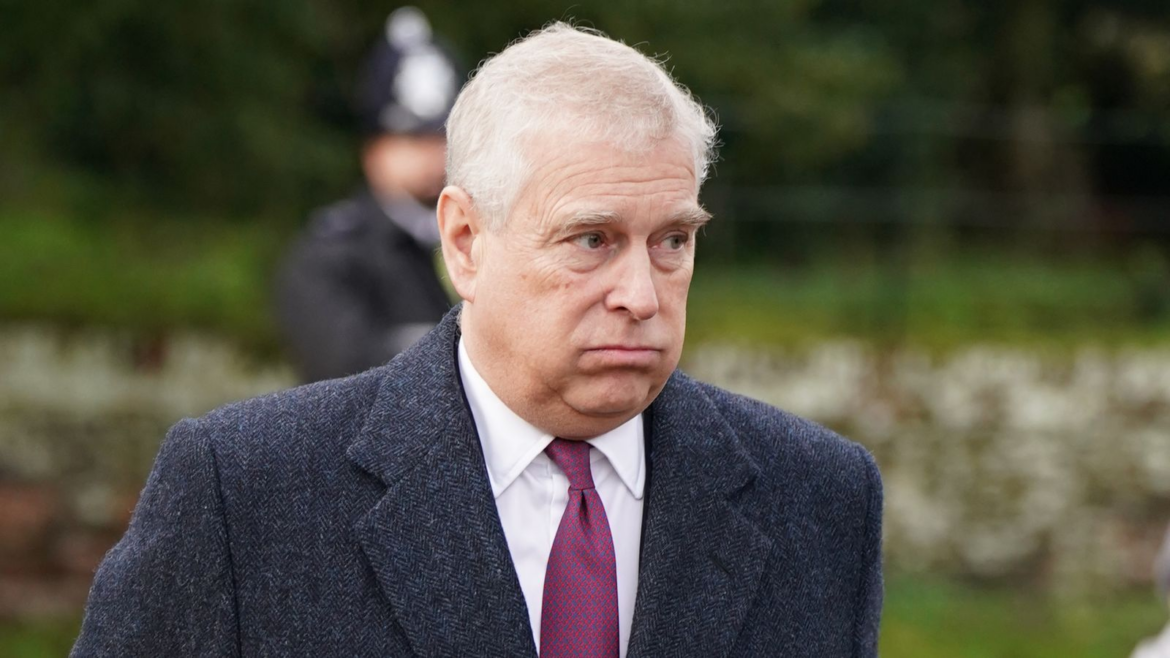King Charles Entangled in Prince Andrew’s Chinese Spy Scandal, Newly Released Immigration Documents Reveal
Months of courtroom battles over secrecy have culminated in a high-profile revelation that King Charles III was directly involved in meetings discussing an investment fund now linked to alleged Chinese spy Yang Tengbo. The disclosures have further deepened the controversy surrounding the Duke of York’s post-scandal financial dealings and raised fresh concerns about national security breaches at the highest levels of the British establishment.
The details emerged after UK media organizations, led by The Telegraph, successfully challenged government-imposed secrecy surrounding Yang Tengbo’s immigration case. A recent ruling by the Special Immigration Appeals Commission lifted the ban on several documents—including a witness statement from Dominic Hampshire, a senior adviser to Prince Andrew.
Secret Meetings at Windsor Castle
In his statement, Hampshire disclosed that both he and the Duke of York were “smuggled into Windsor Castle” on two occasions for clandestine meetings with King Charles, during which the Eurasia Fund—a Chinese-backed investment initiative—was explicitly discussed.
“I have had two meetings with The Duke and His Majesty to discuss what The Duke can do moving forwards in a way that is acceptable to His Majesty,” Hampshire stated. “It is also of note that, amongst other topics, the Eurasia Fund and Aidan Heavey were discussed on both occasions with His Majesty.”
According to Hampshire, no instructions were given to sever ties with Yang Tengbo or to discontinue involvement with the fund—even after Yang’s activities had raised red flags within the UK intelligence community.
What Is the Eurasia Fund?
The Eurasia Fund was conceived as a renewable energy investment vehicle targeting African markets. It was reportedly structured to provide Prince Andrew with a new income stream following his forced withdrawal from public life over the Jeffrey Epstein scandal.
Yang Tengbo, now expelled from the UK, played a direct role in promoting and facilitating the fund, bringing with him a network of financial and diplomatic connections tied to the Chinese Communist Party (CCP).
National Security Implications
MI5 determined that Yang was engaging in “covert and deceptive activity” on behalf of the CCP and posed a direct threat to UK national security. This assessment led to Yang’s formal exclusion from the United Kingdom by the Home Office, a decision upheld in closed immigration court proceedings.
The newly unsealed documents indicate that British intelligence had growing concerns about Yang’s influence and the strategic access he gained through the fund—and through his proximity to members of the Royal Family.
Legal Challenge and Public Interest
Dominic Hampshire had attempted to block the release of his testimony, arguing it contained information that was “embarrassing,” “indiscreet,” and “commercially sensitive.” However, the Special Immigration Appeals Commission ruled in favor of transparency, noting that the public interest outweighed any confidentiality claims, especially given the implications for both national security and royal accountability.
Silence from Buckingham Palace
As of now, Buckingham Palace has not issued a formal statement addressing the revelations. The palace has historically refrained from commenting on active investigations involving extended members of the Royal Family. However, the disclosure that King Charles was personally present at private meetings involving a foreign national later deemed a spy is likely to generate serious scrutiny—both within Whitehall and across the public sphere.
Fallout for Prince Andrew
For Prince Andrew, the revelations are a fresh setback in his long-running effort to rebuild his public image. Although he has denied any wrongdoing, the details surrounding his financial dependencies, questionable affiliations, and secretive meetings cast a renewed spotlight on his judgment and associations. The fact that his proposed comeback relied on a fund entangled with a foreign intelligence concern further complicates any potential path back to public life.
A Broader Diplomatic Undercurrent
The Yang Tengbo case is also a reminder of the expanding reach of Chinese soft power and influence operations in Western nations. It underscores the growing concern among UK intelligence agencies over covert CCP infiltration in areas as diverse as academia, finance, infrastructure—and now, royal circles.
The involvement of senior royals, even indirectly, in a case with these geopolitical implications raises profound questions about due diligence, security vetting, and the vulnerabilities of high-profile institutions in the age of transnational espionage.
Conclusion
The lifting of secrecy orders in the Yang Tengbo immigration case has exposed a web of undisclosed meetings, financial ambitions, and international intrigue that now reaches the doorstep of King Charles III. While no wrongdoing has been alleged on the part of the King, the fact that he was briefed and engaged in discussions involving a now-expelled Chinese spy—and did not move to intervene—will likely fuel further public and political examination of the Royal Family’s financial entanglements and their exposure to foreign influence.
This episode signals that the aftershocks of Prince Andrew’s public downfall are still reverberating—now with international consequences.

